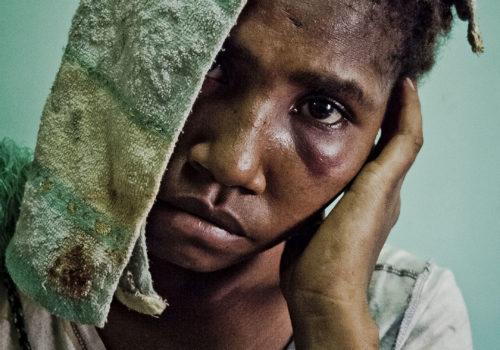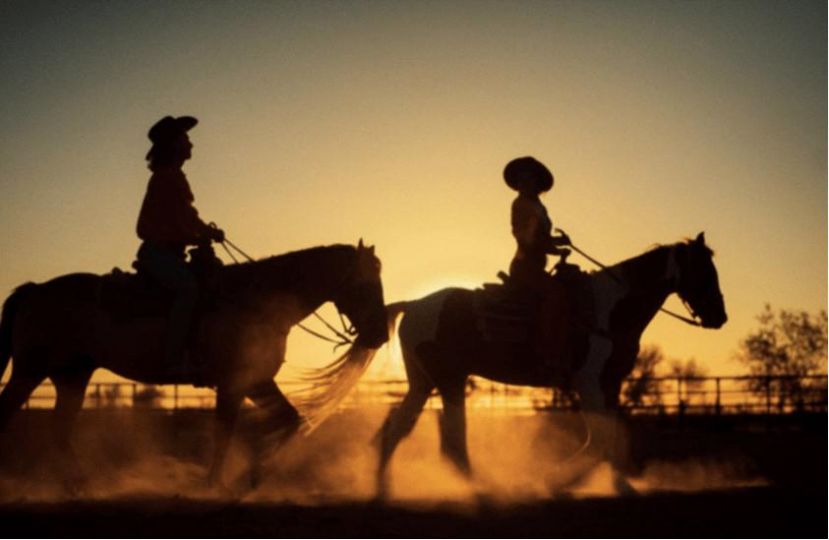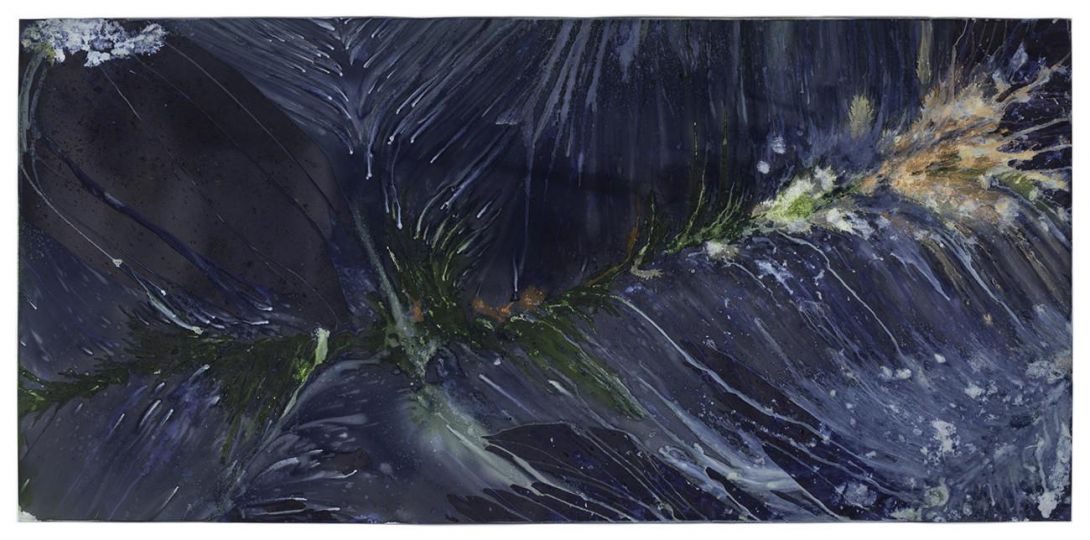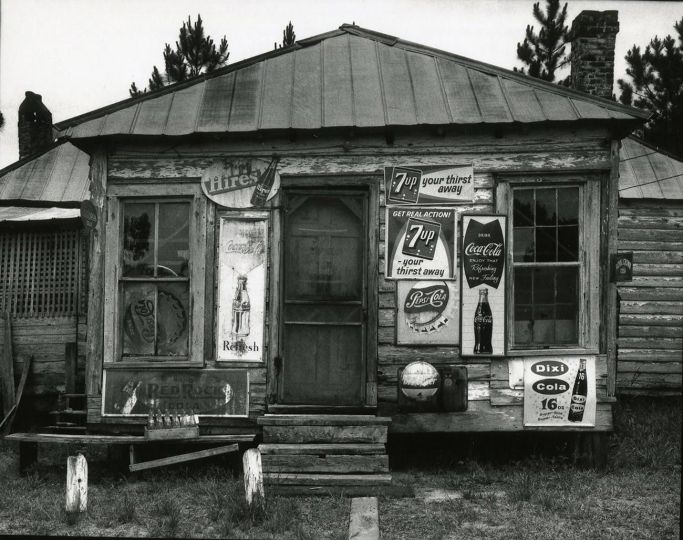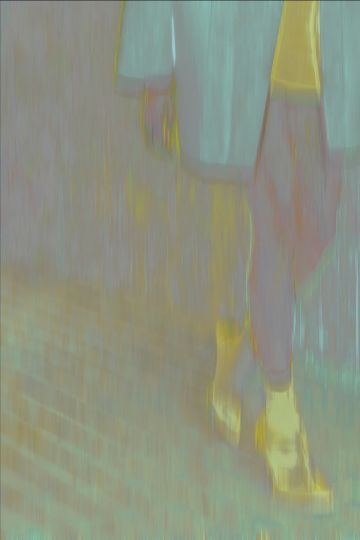According to statistics, in Papua New Guinea two thirds of the women are constantly exposed to domestic violence and about 50% of them become victims of sexual assaults (in Chimbu and Western Highlands provinces, 97% and 100% respectively of women surveyed said they had been assaulted). Local men don’t respect their meris (“meri” in Pidgin means “woman”), constantly beating them, often using bush knives and axes. While in traditional villages such attitudes toward women can be attributed to tribal culture, today in Port Moresby violence against women shocks modern society. The main danger comes from the Raskol gangs that rule the settlements in the capital city. Raping women is a “must” for young members of the gang. In most Papua tribes, when a boy wants to become a man, he should go to enemy’s village and kill a pig. After that, his community will accept him as an adult. In industrial Port Moresby women have replaced pigs.
It is very rare that violence-against-women cases are brought to court. Most assailants are kept in a prison cell at the police station for a couple of days and then released. The police claim the lack of convictions stem from the fact that victims often fear filing a statement or that many wives take pity on their husbands and insist on ending the case. According to the Family Support Center’s statistics, more and more violence against women happens in middle class families, where lawyers, policemen or even church pastors strike their wives. Rejected and beaten women are often kicked out of home to the street, where they become easy targets for the Raskol gangs.
Crying Meri | Violence against women in Papua New Guinea is a finalist award in this year’s 2012 Fotoevidence Bookawards. The FotoEvidence Book Award recognises photo projects documenting the evidence of violations of human rights.
Photo documentary by Vlad Sokhin.
Vlad Sokhin is a Russian/Portuguese photographer, residing in Sydney, Australia. Born in 1981. Represented by “Agentur Focus”. Also collaborating with Getty Images (Australia).

